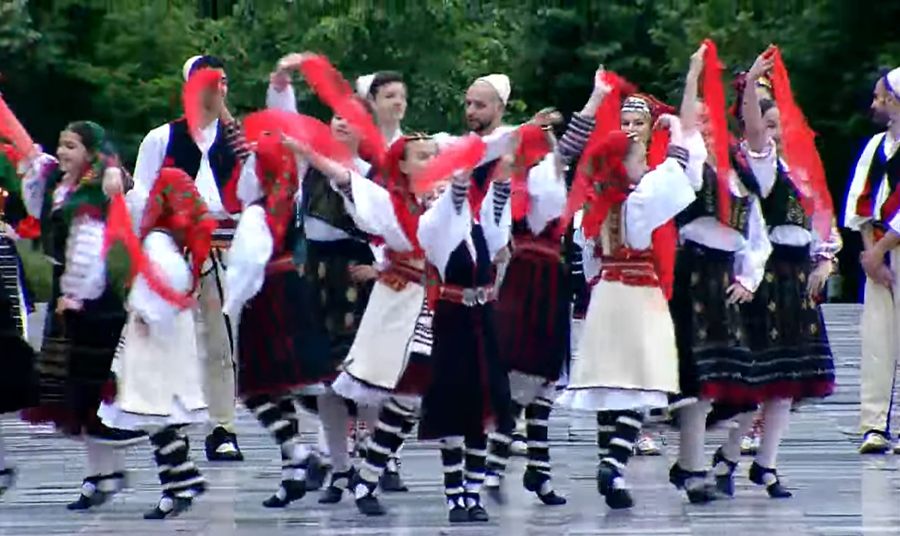
Songs and waves have begun in Skanderbeg Square, on the eve of the European Political Community meeting, where leaders of many EU countries will gather today in Tirana.
Unlike the symbolic summits of previous years, the expectations from the Albanian side from the meetings today and tomorrow are for tangible results such as instruments, funds, and real access to EU markets and policies.
For years, Albania has faced a large wave of youth emigration, one of the highest globally compared to the population, and we are also ranked as the country with the highest level of poverty according to Eurostat data.
In this context, controlled youth migration supported by EU programs such as Erasmus+ is being considered as a middle ground to provide opportunities without encouraging permanent departure.
From today's summit, Albania expects to benefit from more financial and technical support to expand participation in these programs and to include not only students, but also young people in vocational training, according to official EU documents regarding the summit.
In addition to Erasmus+, an expansion of professional internship schemes in EU countries and wider recognition of Albanian diplomas are also expected to be discussed.
Albania seeks to be an active part of the "European Education Area" initiative, which would allow Albanian students to move more freely for study and work within the EU.
At the economic table, Albania's expectations are for concrete support for the structural reforms that the country is undertaking within the framework of the EU Growth Plan for the Western Balkans.
Of the three roundtable discussions, two are on the economic reform agenda and youth policies.
The country also expects EU leaders to accelerate Albania's inclusion in the European common market.
In recent months, Albania has prepared a list of reforms that include improving the business climate, digitizing public administration, strengthening the tax system, and reducing informality, but our country also lags behind with a series of laws and reforms that need to be adopted and implemented to allocate funds.
Today's summit is expected to provide not only an assessment of progress made so far, but also direct budgetary support for the implementation of these reforms.
Brussels has set up a 6 billion euro fund for the region, on the condition that the beneficiary countries seriously engage in concrete transformations.
Albania, in this context, aims to provide a significant portion of financing of more than 950 million euros for the energy, infrastructure and sustainable development sectors.
On the other hand, Albania's opportunities to maximize the benefits of the accession process are hampered by the lack of administrative capacity to absorb EU funds. Important projects often remain on paper due to the inability to manage the full cycle of application, implementation and monitoring.
The amount of loans signed by foreign partners and the EU reached over 2 billion euros in March 2025, a historic record.
Even from the domestic funds in last year's budget, around 450 million euros of the programmed amount were not spent. This shows that in our country, the problem is not liquidity, but the lack of ability to use it according to the terms agreed in the relevant agreements with creditors. (A2 Televizion)










